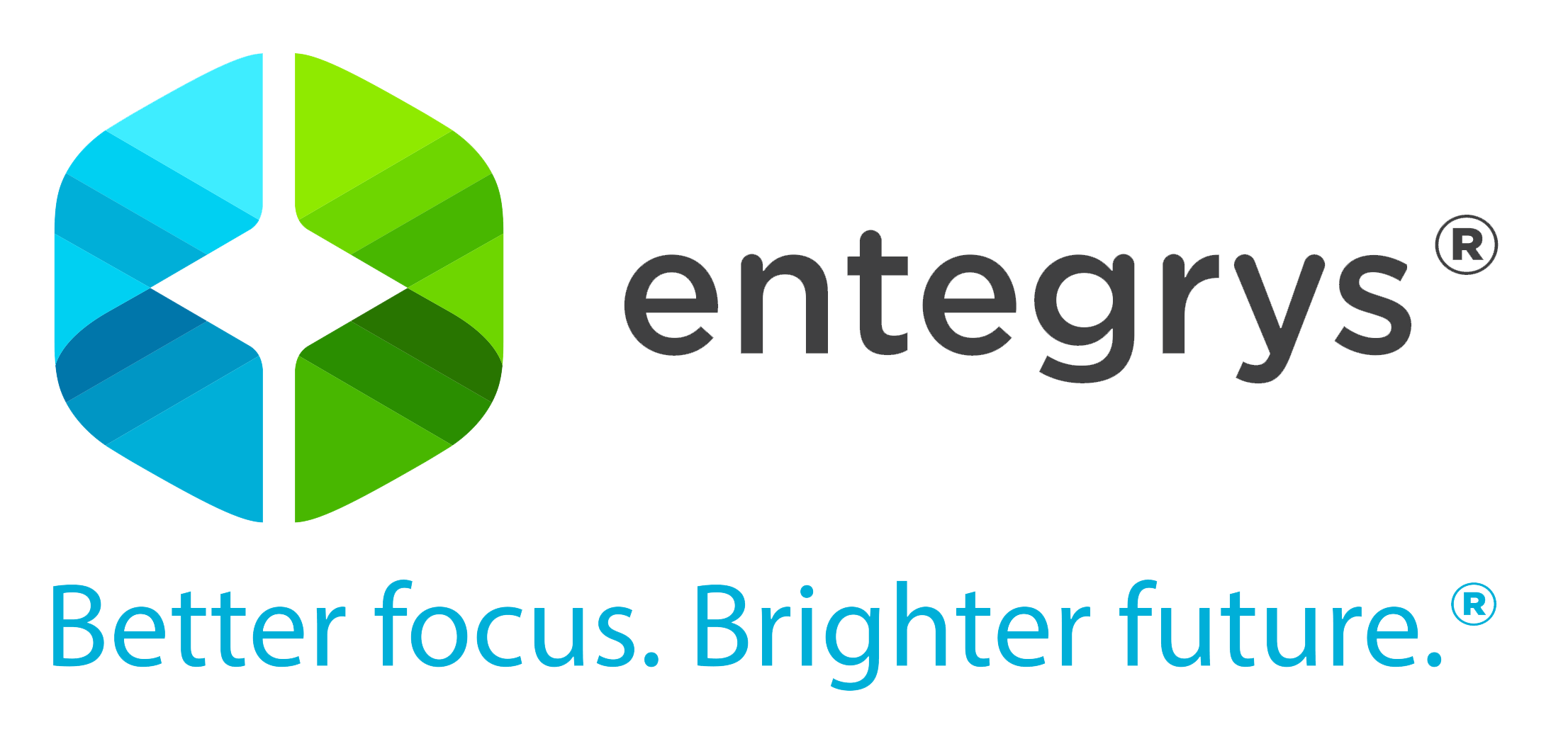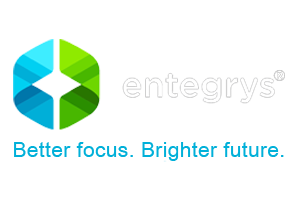We often undervalue the importance of adaptability as a workplace competency, but its presence is increasingly critical to navigating today’s world of accelerating change.
When choosing critical competencies for medical professionals, adaptability is not likely to top the list. Yet here is the story of one young woman’s experience where the application of this competency was life-changing for her.
Join me in her story!
As someone with a genetic condition that has the potential to be life-threatening, it’s important for me to take good care of my body and to be around to raise my children. The quickest route to managing my condition is medication. However, like many medications, this one has potentially serious short and long-term side effects.
To avoid the side effects as much as possible, I prefer to complement medication with more “natural” therapies like high quality supplements and chiropractic and naturopathic treatments. But that presents a dilemma. I often experience a disconnect between traditional medical specialists and alternative ones, to the point where I feel patronized for considering input from the other’s point of view.
Her current dilemma
After taking a break from medication to have children, I knew it was time to get back into treating my condition more aggressively. Yet I found myself avoiding it. On the one hand, I was afraid to call my doctor and explain that I wanted to explore the impact of a supplement I’d been taking before starting back on traditional medication. On the other hand, the naturopath expressed strong reservations about the drug I was prescribed. He advised continuing with the supplement until the lifestyle changes he advocated had kicked in.
So here I was—paralyzed with fear and afraid to call either practitioner—all the while feeling like my body was a ticking time bomb.
Finally, I summoned the courage to call my doctor. He was on leave. In his absence, the nurse was assigned to work with me. I shared my dilemma with her. I wanted to get my condition in check as soon as possible because I was afraid of leaving my young girls without a mother. But I also wanted to give the supplement a good try before going back on a drug with such potentially serious side effects.
Here’s where adaptability comes in.
Adaptability is defined in the Entegrys Competency Dictionary as:
“Demonstrating personal flexibility and effectiveness with Changing environments, tasks, responsibilities, and people.”
She listened; didn’t criticize me; and affirmed the urgency I felt about getting my condition in check quickly. We collaborated to develop a solution I was comfortable with. I would fill my prescription to get things under control quickly while working with the naturopath on lifestyle changes. She would order regular blood tests to monitor my condition and correspond with the naturopath on the results. I was amazed with her flexibility and relieved to have her cooperation on my journey!
Next on my list was to consult with my naturopath to see if he could be on board with a plan that involved a drug he had strong reservations about. So I called, shared my decision and the reasons behind it. Then I asked if he was still willing to work with me. He said definitely! He even affirmed my decision to go on the drug to get my condition under control quickly and assured me I was right to advocate for my own health. Another stellar example of adaptability!
Due to the flexibility and willingness of these professionals to work together, to listen to everyone’s input and to respect my risk-tolerance and knowledge of my own body, I am now confident and empowered to move forward with the support and valued input of both traditional and alternative approaches to my health.
What benefits could a renewed focus on adaptability bring to your workplace?
Visit us at www.entegrys.com!





